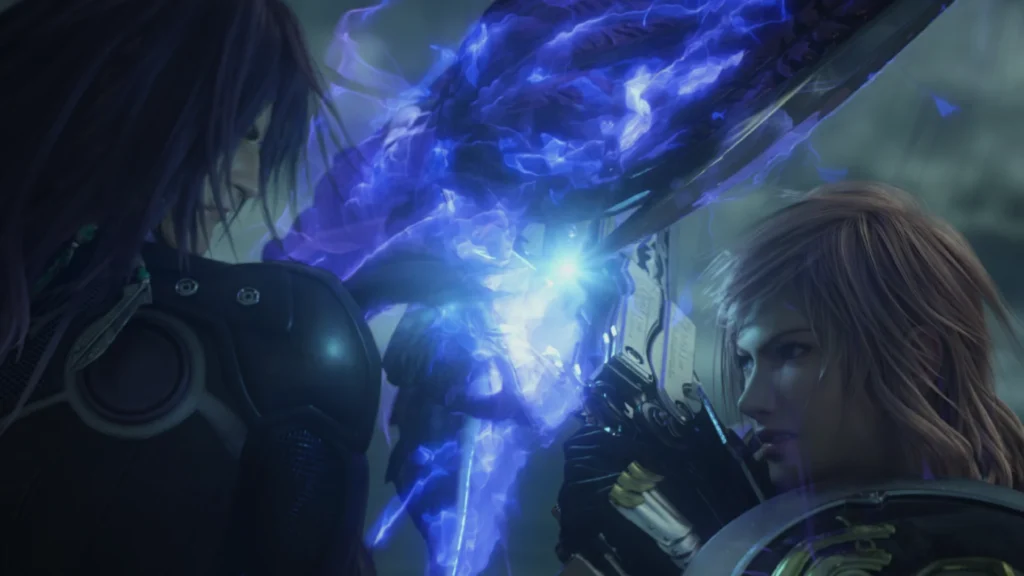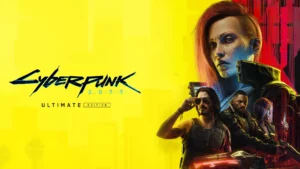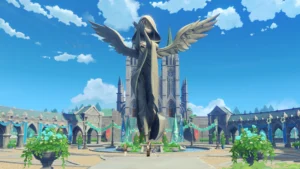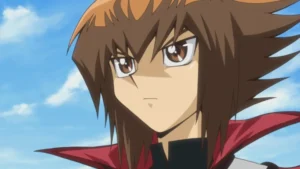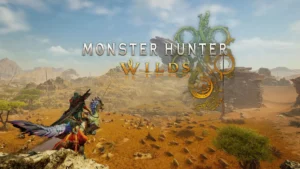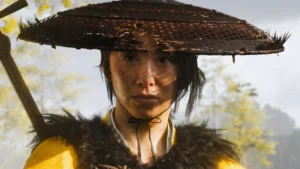Since it first dropped in 1987, the Final Fantasy series has become one of the most loved game franchises out there. It actually started as Squaresoft’s (now Square Enix) last shot to avoid going bankrupt. Who would’ve thought that Final Fantasy would turn into such a huge icon in the RPG world? With 16 main games and tons of spin-offs, it’s still going strong and winning over gamers everywhere.
Final Fantasy is known for its awesome mix of deep storytelling, catchy soundtracks, memorable characters, and innovative gameplay. Each main title has its own unique story, which is part of what makes fans love comparing them. Everyone has their favorites and reasons for liking one game over another.
As fans ourselves, we’ve got our own favorite Final Fantasy games too. In this article, we’re going to rank the mainline titles from worst to best, based on our opinions!
Just a quick heads-up: when we say “mainline Final Fantasy,” we’re talking about the main games in the series that have Roman numerals, like Final Fantasy I, II, all the way to XVI. We also include games like Final Fantasy X-2, XIII-2, and so on, since they continue the stories from the main titles.
So, what are you waiting for? Check out our ranking of Final Fantasy from worst to best!
20. Final Fantasy XIII: Lightning Return
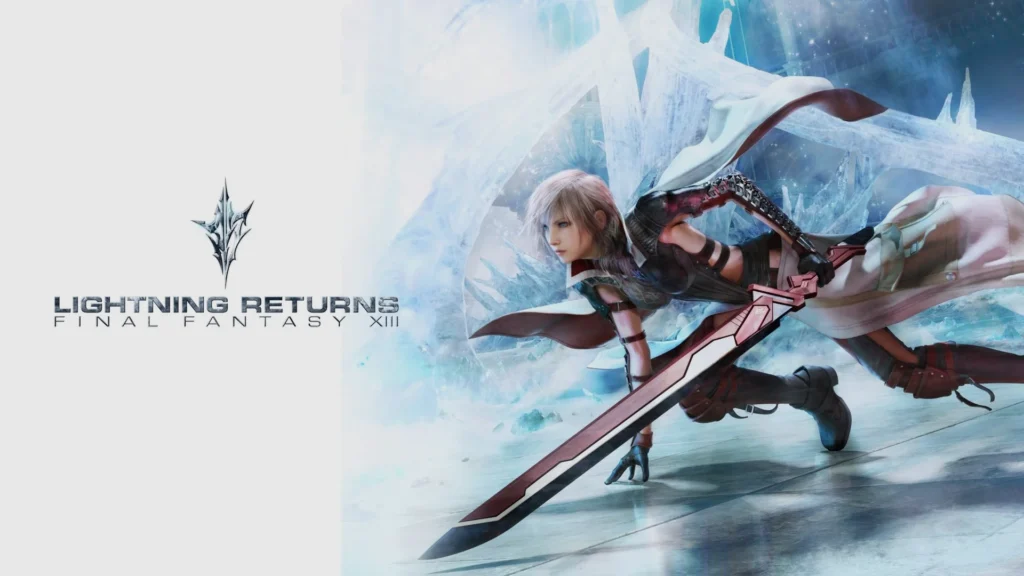
Hey, come on, we’ve got to be on the same page here: Lightning Returns is probably the worst Final Fantasy game ever. I mean, the XIII series had some cool moments, but it’s such a bummer that a great story had to end with this letdown.
The game is loaded with fetch quests that just feel super repetitive and boring, making it hard to stay interested. And that countdown timer? Total buzzkill. If you run out of time, you have to start all over, which is so frustrating and really takes away from the fun. Seriously, what were they thinking with that timer?
The story also goes off the rails compared to the first two games, feeling like a totally different narrative that doesn’t really fit. Players end up feeling stuck, unable to explore as freely as they want, which makes the game feel less adventurous. Plus, the character growth isn’t as strong this time, so it’s harder to connect with them like we did in the earlier games.
But hey, it’s not all bad! Lightning Returns does have some fun stuff. The battle system lets Lightning switch outfits and access different abilities instead of just relying on a party. This makes battles feel more dynamic and engaging, especially for those who like to mix things up with their play style. It’s a cool way to replace the traditional party system!
19. Final Fantasy II
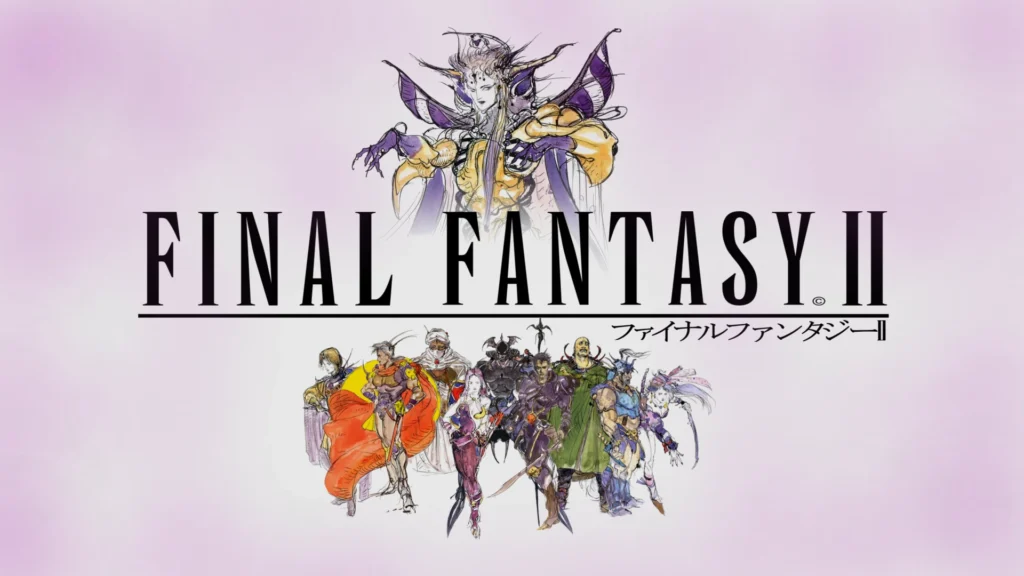
Well, all the Final Fantasy series from I to XVI have their own strengths and weaknesses, but still, in this article, we have to rank the Final Fantasy games from worst to best (in our opinion), and we decided to place Final Fantasy II in the twenty-first spot.
Why is that? As explained when the first Final Fantasy was released, Squaresoft was on the brink of bankruptcy, and Final Fantasy I managed to prevent that from happening.
Squaresoft tried to replicate that success by experimenting with the second game, but unfortunately, it didn’t work out.
A lot of players think Final Fantasy II is one of the weaker games in the series, and I totally get why. The leveling system is just so unconventional. Instead of the usual way where you gain experience points (XP) from battles and level up, in this game, your characters get stronger by actually using their abilities.
At first, I thought it was a cool idea, but it quickly became frustrating. Like, if you get hit in battle, your health (HP) might go up, and if you use a certain type of magic, that magic gets stronger over time. It’s super confusing! You don’t really know how to make your characters better, so sometimes you end up feeling way too weak to progress, or you’re just overpowered and slashing through everything.
And about the dungeons, they’re poorly designed! With tons of dead ends that make exploring feel like a chore. You think you’re making progress, but then you hit a wall and have to backtrack a bunch.
Honestly, I can see why so many people view Final Fantasy II as one of the lesser entries in the series. It had some interesting ideas, but the execution just didn’t hit the mark for me.
Despite its flaws, Final Fantasy II has some redeeming qualities, such as a decent story and a memorable soundtrack.
However, it struggled to contribute significantly to the series, with many of its ideas not being built upon in later games. Despite its good concepts, the execution left much to be desired, making it a challenging experience for players.
18. Final Fantasy IV: The After Years
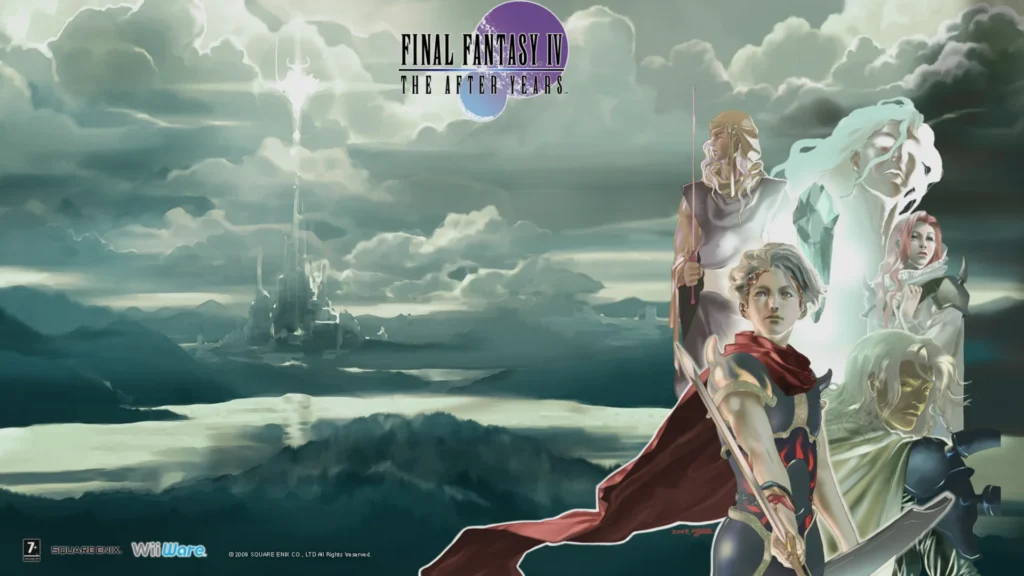
You know what the similarities are between Final Fantasy IV: The After Years and Joker: Folie à Deux? Yes, it’s literally the things no one asked for. Final Fantasy IV as a standalone game is great!
But then came The After Years, an unnecessary sequel, as if they were trying to cash in on nostalgia without really bringing anything new to the table.
The game was released during a time when mobile technology was booming, and downloadable games were becoming popular. Squaresoft decided to jump on that bandwagon by releasing The After Years in an episodic format, which, honestly, just didn’t work for me.
The episodic nature made the story feel disjointed. I found myself tackling episodes in whatever order I wanted, but that led to a lack of cohesive storytelling. The new characters, like Ceodore and Luca, didn’t have the same depth or charm as the original cast, making it hard to connect with them. I missed the emotional weight that the original characters carried.
And let’s talk about the gameplay. It was frustratingly grindy, and I couldn’t shake the feeling that I was just replaying levels and bosses from the original game. Sure, there were some new features, like the Band Abilities that reminded me of Chrono Trigger, but they didn’t really enhance the experience. Instead, it felt like a hollow shell of what made Final Fantasy IV so special.
In the end it just didn’t live up to the legacy of its predecessor. It served as a reminder that sometimes, it’s better to leave a classic as it is rather than trying to revisit it without a solid reason.
17. Final Fantasy III
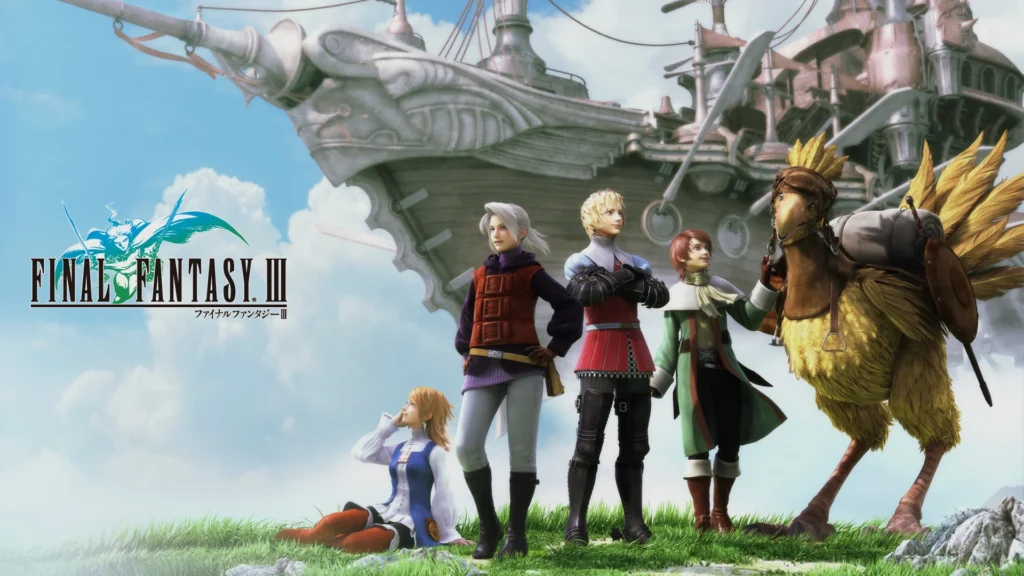
Which game is worse: Final Fantasy II or Final Fantasy III? If I had to choose, I’d say Final Fantasy III is just a bit better, mainly because it introduced this new mechanic called “Classes.” You start as a Novice and unlock new classes as you progress. Each job has its own stats, equipment, spells, and abilities, and they level up separately from your character.
The downside is that every job starts at level 1, even the ones you unlock later, which can leave you feeling underpowered if you want to try something new. Plus, since job levels are separate from your main character level, it can make players a bit lazy about exploring different jobs and discourage them from experimenting with the game’s main feature.
Like the other classic Final Fantasy games, Final Fantasy III 3D got a pixel remaster in 2021, which helped a bit with the graphics.
But even with those updates, the gameplay still has its issues. The story and character development don’t really do much to help. The new named characters in the remake don’t add any real depth, and the cutscenes can feel pretty bland.
Final Fantasy III can be a nostalgic experience for retro gamers, but casual RPG fans may find little incentive to play it now, aside from witnessing the early concepts that were later refined in subsequent titles.
16. Final Fantasy XIII
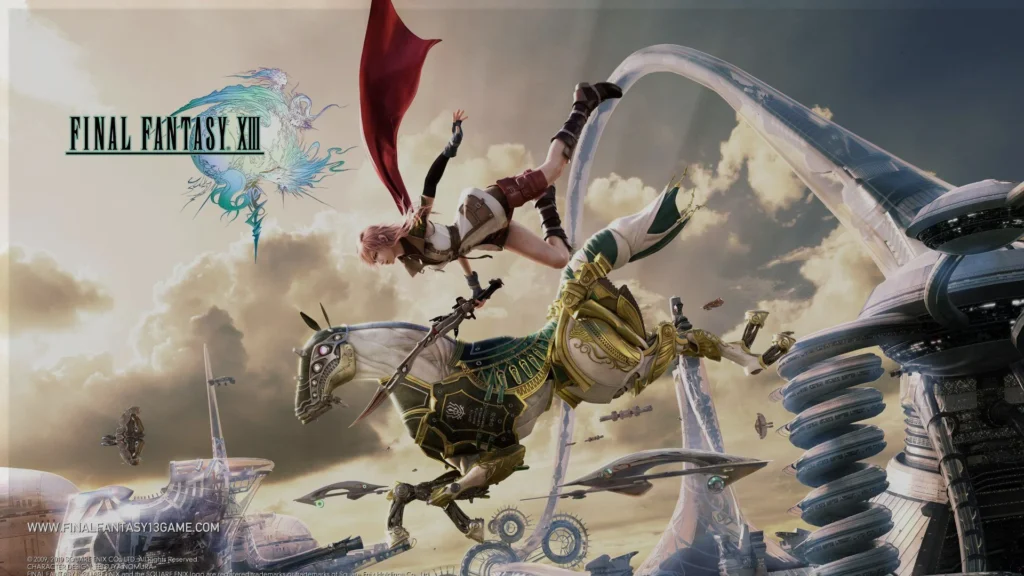
This game has a lot of potential, but Square Enix squandered it. After five years of development, Final Fantasy XIII was one of the most anticipated games due to its significant advancements in visuals and technology.
The graphics blew me away. The character designs were stunning, and the environments were vibrant and detailed. I remember thinking, “Wow, this is going to be an epic journey!” However, as I started playing, I quickly realized that the game was much more linear than I had anticipated.
Instead of exploring vast landscapes like in previous Final Fantasy titles, I found myself on a straight path, moving from one battle to the next with little room for exploration.
The combat introduced new mechanics that allowed you to change roles mid-battle, but I found the early fights to be quite simplistic. I was just mashing buttons, and it felt more like a chore than an engaging experience.
As I progressed through the story, the gameplay became increasingly repetitive. The battles felt like a grind, and I often wished for more variety. I understand that the game was designed to be accessible to newcomers, but it sacrificed depth for simplicity, leaving me longing for the strategic planning and exploration that made previous titles enjoyable.
The story had potential but was hard to follow, and I struggled to connect with the characters. Not gonna lie, Lightning is an epic protagonist, but that alone did not enhance the narrative.
Overall, it was a unique experience at the time. Despite its pros and cons, Final Fantasy XIII set a high bar for visual standards in the upcoming Final Fantasy series.
15. Final Fantasy XIII-2
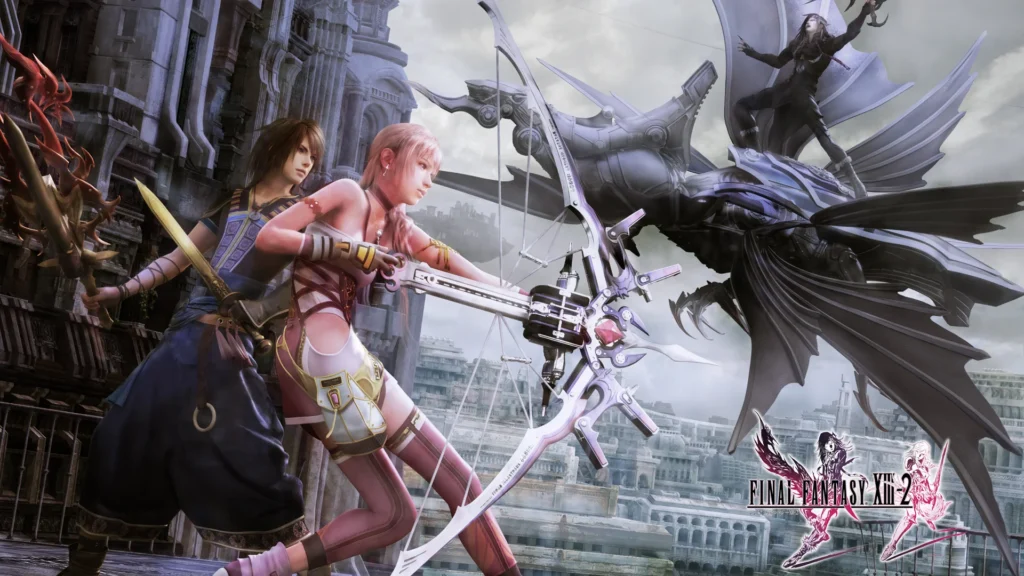
Here come the sisters! After the mixed reception of its predecessor, Final Fantasy XIII, I was curious to see how Square Enix would tackle the criticisms and create a more engaging experience with Final Fantasy XIII-2. The game featured a non-linear structure, allowing players to explore different timelines.
The visuals and character designs were just as vibrant and stunning as in the previous game. At the time, it was truly impressive. This installment introduces a new protagonist, Serah, who is Lightning’s sister, adding a personal touch to the story.
As I played, I enjoyed the freedom to explore various timelines and make choices that impacted the narrative. However, I quickly noticed that while the game had a lot of potential, it struggled with narrative coherence. In fact, I found the side characters’ stories to be more compelling than Serah’s own journey.
The combat system combined familiar mechanics from Final Fantasy XIII with new features that kept battles engaging. One standout addition was the ability to capture monsters and use them in combat, which is one reason I prefer this game over its predecessor.
Despite the engaging gameplay and beautiful visuals, I found myself wanting a more cohesive story. The non-linear approach, while innovative, sometimes felt disjointed, making it hard to follow the overarching narrative.
Square Enix needs to recognize how important character stakes are in video game storytelling. A protagonist must be deeply invested in the world for the story to resonate, and I felt that Serah’s journey lacked that essential connection.
Overall, I still believe the Final Fantasy XIII trilogy deserves a chance. It’s not just about nostalgia; it’s also about the unique elements and innovations it offers. You really need to experience it for yourself before passing judgment.
14. Final Fantasy VIII
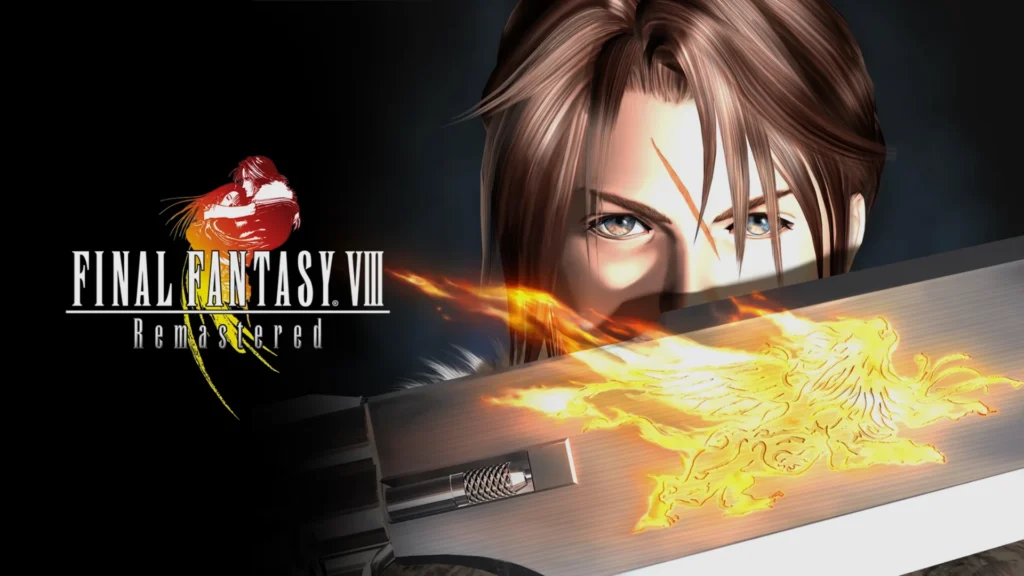
It’s not Square Enix if they don’t try to innovate. Final Fantasy VIII introduces a mechanic called level scaling, where enemies grow stronger as the player levels up. This means that after investing time in grinding and leveling, players find that the challenges remain consistent, as the enemies scale with their growth.
Challenging? Maybe. Frustrating? Definitely! Aside from that, the battle system lacks strategic depth and often feels like players are just spamming skills rather than engaging in tactical planning. The absence of traditional RPG elements, such as armor and straightforward magic acquisition, significantly alters the gameplay experience.
The story can feel mediocre and sometimes convoluted, with a lack of meaningful connections between the characters, which doesn’t help much. However, this is subjective, as everyone has different tastes.
One aspect I really enjoy is the junction system. This mechanic allows players to customize their characters’ stats and abilities by equipping magic spells, enabling a unique character build and strategic flexibility.
And of course, Nobuo Uematsu never disappoints; the soundtrack is truly memorable. “Eyes on Me” is a masterpiece!
13. Final Fantasy X-2
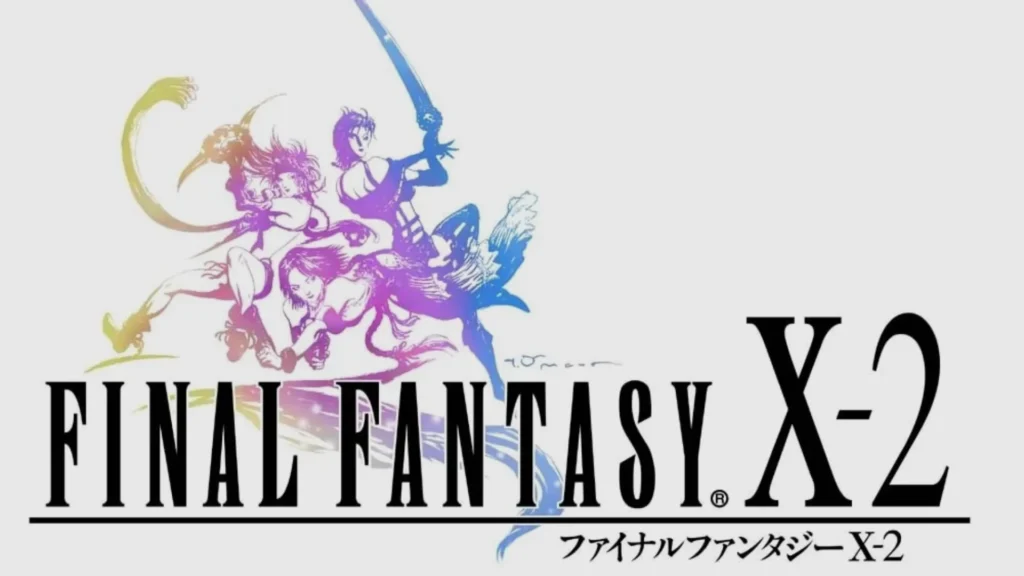
We can all agree that Final Fantasy X is one of the best games in the series. But what about the sequel? Is it the same masterpiece as its predecessor? Sadly, no.
It’s not a bad game; it’s just… how should I put it… mediocre? One of the biggest changes I noticed is our beloved heroine, Yuna, who transforms from a serious, responsible character into a carefree pop star. This shift was jarring for me, as I preferred her original personality and found it difficult to connect with her new, more frivolous demeanor.
The storyline feels somewhat childish and lacks the depth I appreciated in Final Fantasy X. It often seems unnecessary, leading me to question whether a follow-up to the original story was needed at all.
The combat system is still enjoyable, but I felt that the new dress system diminished the individuality of the characters. While it was fun to experiment, I missed the unique abilities that defined each character in Final Fantasy X.
Oh, in case you don’t know, in this game, Square Enix introduced a new mechanic called the dressphere. This mechanic allows characters to change their roles and abilities during battle by equipping different “dresspheres.”
Each dressphere represents a specific job class, similar to traditional RPG job systems, and grants characters access to unique skills and abilities associated with that class.
I prefer to end my experience with Final Fantasy X without following up the story in X-2, but that’s a personal choice. The series has its merits individually, but I still prefer the immersive story I experienced in Final Fantasy X alone.
12. Final Fantasy V
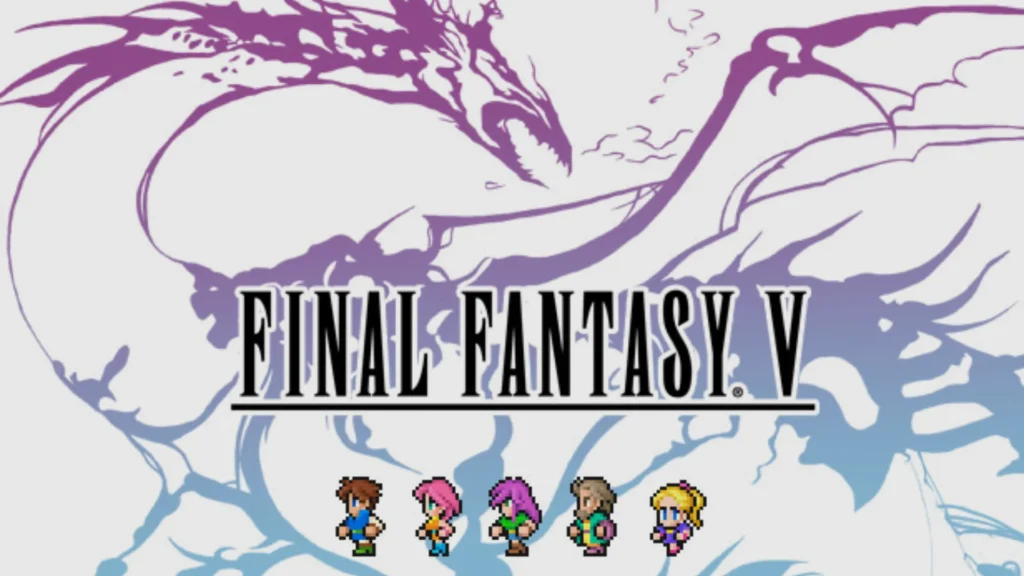
Remember when I said the Class system in Final Fantasy III was silly? Well, Squaresoft seems to notice it and developed it into a more proper one. Overall there are more than 22 Classes you can choose in this game.
Players can mix and match classes, creating unique combinations that enhance the strategic depth of battles. The remaster that was released in 2021 improves the visuals significantly, with crisp sprites and detailed environments.
Final Fantasy V offers a unique charm with its lighthearted tone and engaging humor, but it may feel as lacking in depth as the usual Final Fantasy games, and some players didn’t really like it.
Overall, it is recommended as a solid and faithful rendition of an underrated classic, perfect for those looking to explore or revisit this charming entry in the Final Fantasy classic series.
11. Final Fantasy XV
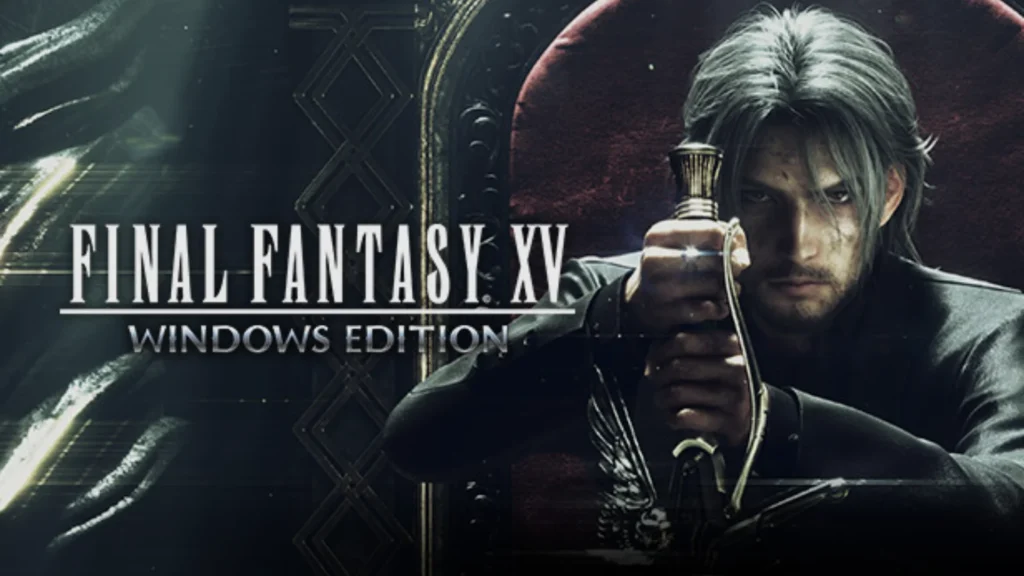
Here comes the big boss. With approximately 10 years of development time for Final Fantasy XV, fans had really high expectations for this game. After the controversies surrounding the title change from Final Fantasy XIII: Versus to a new mainline series, the replacement of Stella with Lunafreya, and a nearly complete narrative overhaul, we finally received the game we had been waiting for!
The hype surrounding the Kingsglaive movie showcased the grandeur of the Crown City of Insomnia and its surrounding environments. Unfortunately, Final Fantasy XV failed to meet my expectations.
It’s not a bad game at all; rather, our expectations were simply too high. The vast open world is delivered as advertised, but it feels somewhat empty. Aside from collecting Royal Arms, there isn’t much to do in that world. Insomnia is impressive, yet we barely have a chance to explore it.
I’m a huge fan of Noctis’ warping playstyle, but that alone isn’t enough. There’s so much potential that could have been explored, such as the summons; it would have been better if we had the opportunity to control or upgrade them in this game.
The story is mediocre, especially before the Royal Edition was released. However, the Royal Edition does help fill in some of the missing pieces of the main story.
I would say that it was a fine game and worth trying, especially if you want to experience the stunning visuals and art style that Square Enix has crafted in this title.
